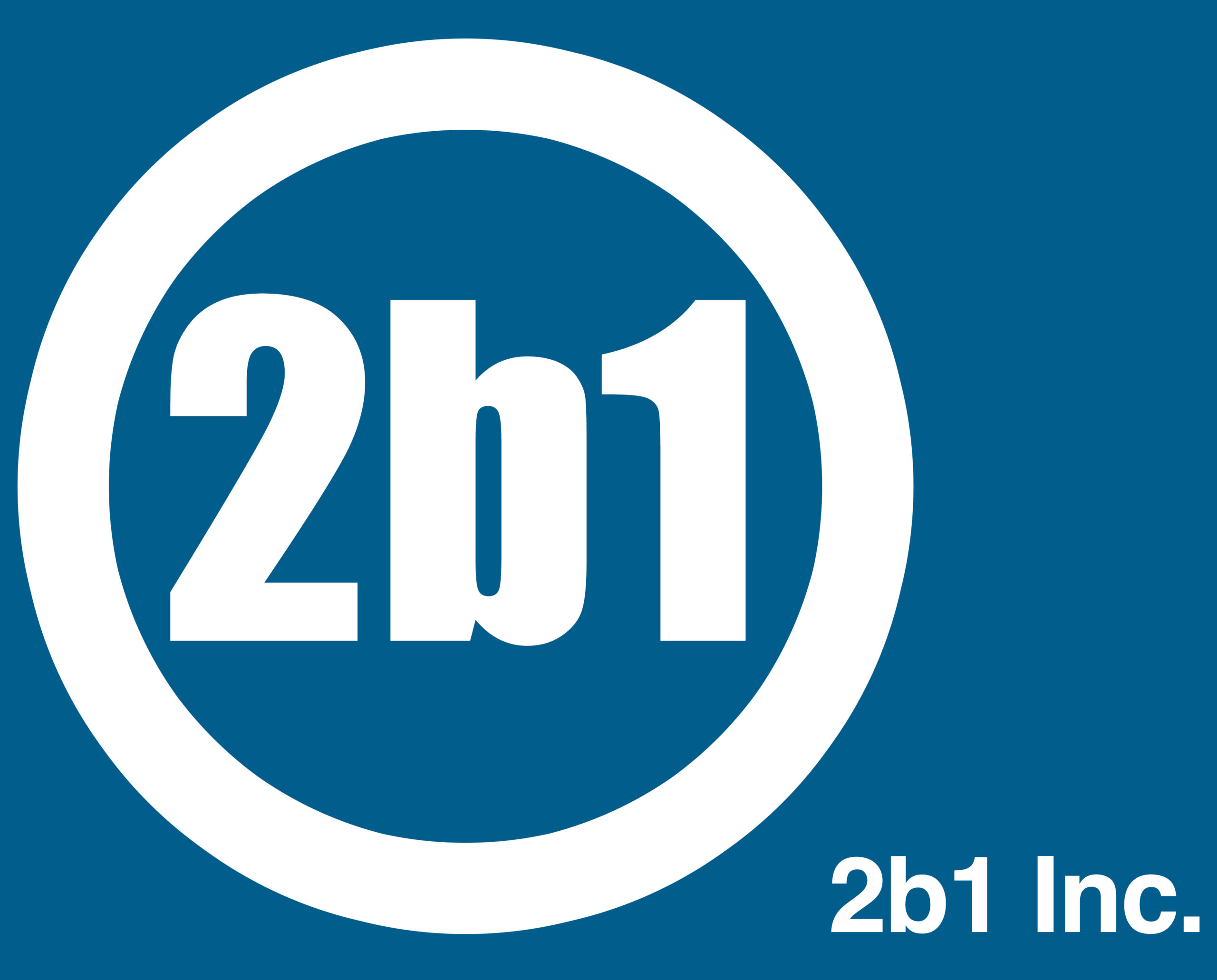We all know that passwords are our first line of defense against cyberattacks. So why are we still using the same generic passwords – or worse, the word PASSWORD itself?
With the increasing prevalence of cyber threats, it is more important than ever to set strong passwords on your personal and business devices. If you don’t have a password strategy for your business or your own devices, that’s okay. We’re breaking down everything password related, including how hackers exploit weak passwords, your best practices for password setting, and how businesses can enforce strong password policies below.
Why Strong Passwords are Important
Strong passwords are a cornerstone of cybersecurity. Passwords protect sensitive information from unauthorized access and ensure the privacy and security of your personal and business data. Weak passwords are often the gateway that cyberattackers need. Not changing, updating, or setting strong passwords can lead to data breaches, financial loss, and reputational damage. Yikes!
We’ve all heard of multi-factor authentication and those automatic “strong passwords.” But do you always implement them? It’s okay if you answered no – passwords can be a hassle. But the truth is, the need for robust passwords grows even more critical as hackers devise new ways to break through our defenses.
How Hackers Seize, Identify, and Exploit Passwords
Hackers use various techniques to steal and exploit passwords. Common methods include:
- Phishing Attacks: Cybercriminals trick users into revealing their passwords by posing as legitimate entities.
- Brute Force Attacks: Automated tools are used to guess passwords by rapidly trying numerous combinations.
- Social Engineering: Hackers manipulate individuals into divulging confidential information.
- Malware: Malicious software captures keystrokes or exploits vulnerabilities to steal passwords.
- The Dark Web: Unfortunately, many passwords have been leaked on the dark web and are up for grabs for bad actors to infiltrate your accounts.
You’d be surprised how often these tactics work. New technologies are empowering cybercriminals with unprecedented tools, and spicing up the same ol’ password with an extra digit or exclamation point just isn’t enough to ensure your digital security.
Best Practices for Password Setting
So, let’s talk solutions. Creating strong passwords is the first step in securing your digital presence. And no, we don’t mean the same password you’ve been using since your first email account with an extra symbol thrown in! Here are some best practices you can start implementing today:
- Use Long, Complex Passwords: A strong password should be at least 12 characters long and include a mix of uppercase and lowercase letters, numbers, and special characters.
- Avoid Common Words and Phrases: Steer clear of easily guessable words like “password,” “123456,” “0000,” or “qwerty.”
- Use a Password Manager: Password managers generate and store complex passwords, ensuring you don’t have to remember them.
- Enable Multi-Factor Authentication (MFA): This is key! Adding an extra layer of security makes it harder for hackers to gain access.
How Businesses Can Establish and Maintain Good Password Practices
If you own, run, or just work in a business, you probably understand the importance of digital security. What you may not realize, though, is that you and your devices provide openings to sensitive data that hackers are actively seeking to exploit. The good news is you can protect yourself.
Here are strategies to implement robust password policies:
- Regularly Update Passwords: Encourage employees to change their passwords regularly to minimize the risk of compromise. You can even set a dedicated deadline for password updates.
- Implement Strong Password Policies: Set requirements for password length, complexity, and expiration. Don’t just hand over a device with the password “FirmName24” and forget about it!
- Conduct Security Training: Educate employees on the importance of strong passwords and how to recognize phishing attempts.
- Monitor and Audit Password Practices: Regularly review and enforce password policies to ensure compliance.
Going Beyond the Basics
If you’re looking to step up your digital security beyond multi-factor authentication, our team can help. 2b1 Care’s suite of cybersecurity services is fully customizable to give your business the protection it needs. Our team of cybersecurity experts can work with you 1-on-1 to build bespoke cyber defenses for your business.
We all need strong passwords to best protect our personal and business data against cyber threats. Luckily, understanding how hackers exploit weak passwords gives you a leg up in defending yourself against their tactics. Evaluating your passwords and implementing best practices is the first step in shoring up your digital defenses. Just promise us, your password will never be PASSWORD.
Interested in learning more about 2b1 Care cybersecurity? Contact 2b1 now to get started.
